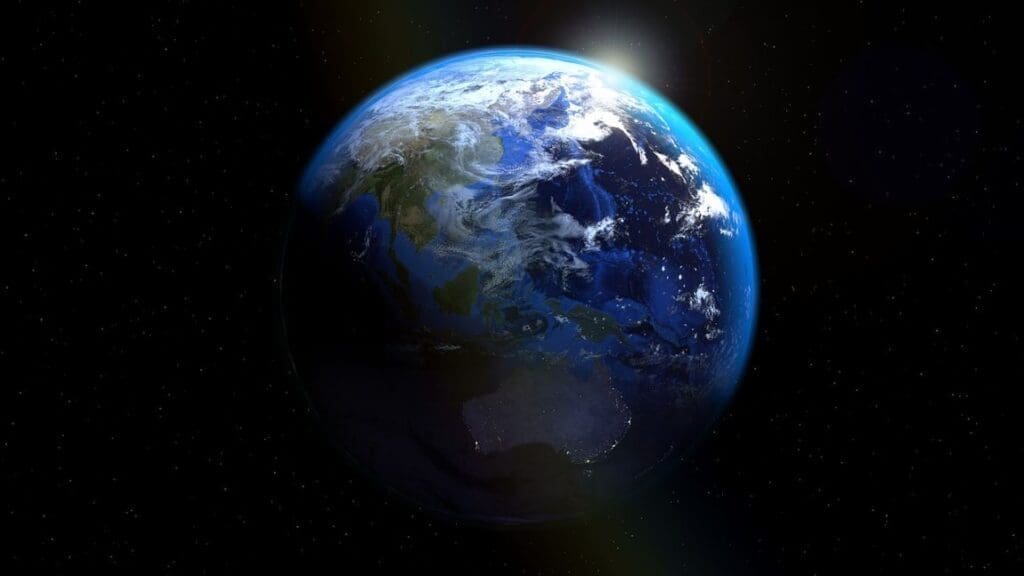
Earth’s climate flipped rapidly even in an ice-free worldClimate SourceJanuary 19, 2026
Full article
SourceJanuary 19, 2026
Full article
Earth’s climate flipped rapidly even in an ice-free world
New findings help explain abrupt climate swings – even in ancient ice-free greenhouse worlds – and offer insights for future warming scenarios Earth’s climate is…
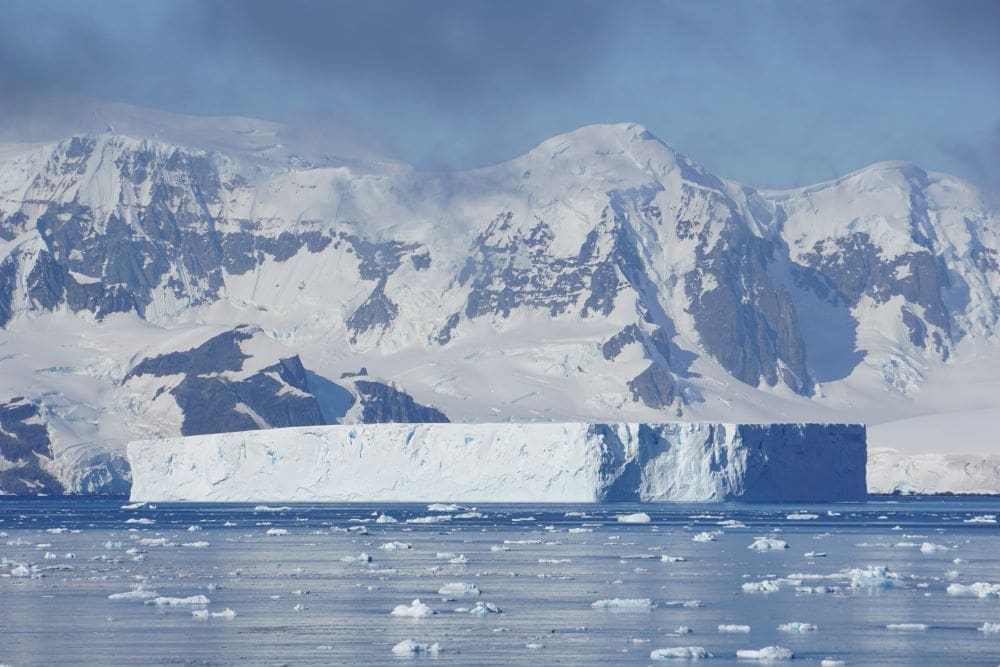
Deep ocean temperatures challenge past views of the Antarctic ice sheetClimate SourceJanuary 8, 2026
Full article
SourceJanuary 8, 2026
Full article
Deep ocean temperatures challenge past views of the Antarctic ice sheet
New temperature reconstructions suggest the Antarctic ice sheet remained more stable during the Oligocene than long assumed Summary: Understanding past Antarctic ice sheet behaviour relies…
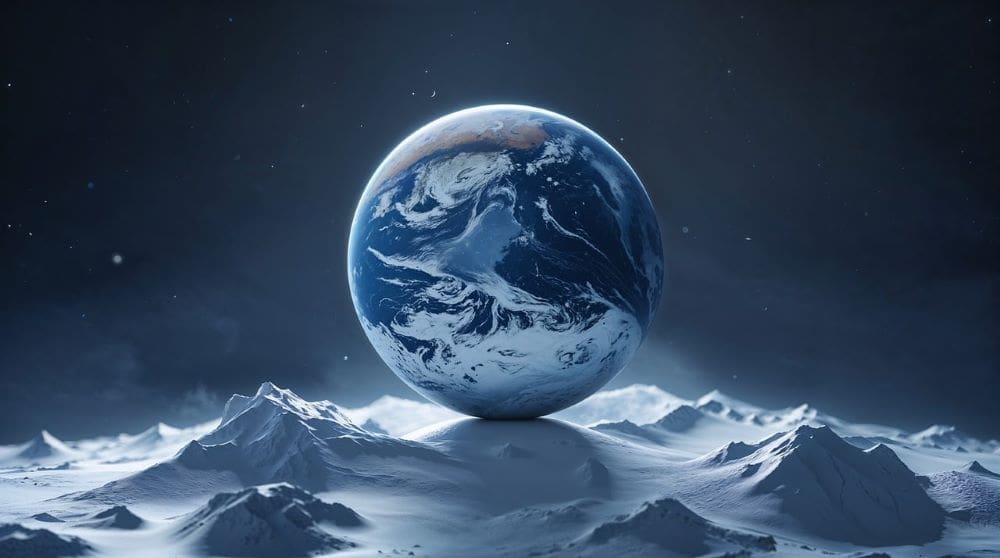
Climate Science Digest: December 10, 2025Science Muser NewsDeskDecember 10, 2025
Full article
Muser NewsDeskDecember 10, 2025
Full article
Climate Science Digest: December 10, 2025
Explore the latest insights from top science journals in the Muser Press roundup (December 10, 2025), featuring impactful research on climate change challenges. In brief:…

Climate Science Digest: November 28, 2025Science Muser NewsDeskNovember 28, 2025
Full article
Muser NewsDeskNovember 28, 2025
Full article
Climate Science Digest: November 28, 2025
Explore the latest insights from top science journals in the Muser Press roundup (November 28, 2025), featuring impactful research on climate change challenges. In brief:…

As ice thins, Antarctic mountains reveal a hidden iron supply to the oceanClimate SourceNovember 24, 2025
Full article
SourceNovember 24, 2025
Full article
As ice thins, Antarctic mountains reveal a hidden iron supply to the ocean
Research led by polar scientists from Northumbria University has revealed new hope in natural environmental systems found in East Antarctica which could help mitigate the…
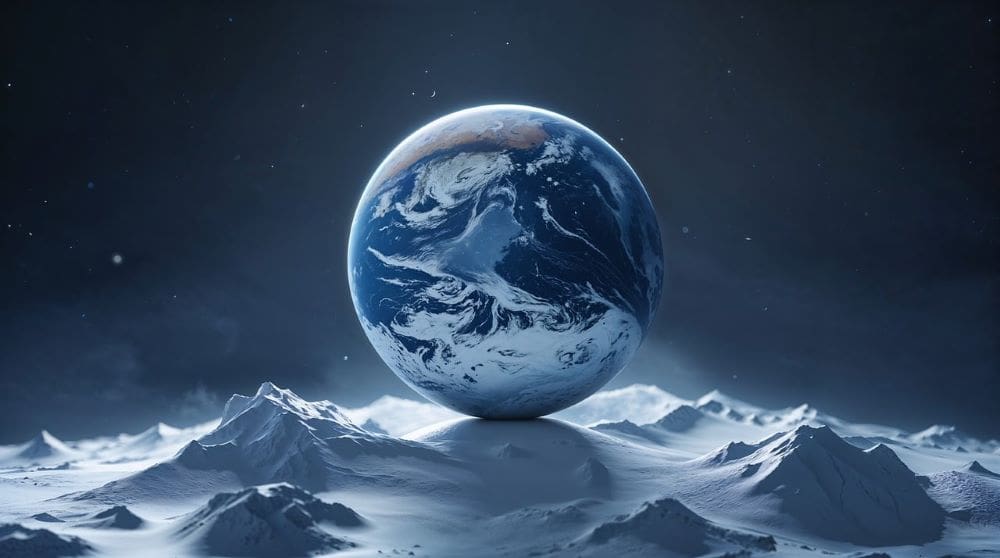
Climate Science Digest: November 19, 2025Science Muser NewsDeskNovember 19, 2025
Full article
Muser NewsDeskNovember 19, 2025
Full article
Climate Science Digest: November 19, 2025
Explore the latest insights from top science journals in the Muser Press roundup (November 19, 2025), featuring impactful research on climate change challenges. In brief:…

Climate Science Digest: November 17, 2025Science Muser NewsDeskNovember 17, 2025
Full article
Muser NewsDeskNovember 17, 2025
Full article
Climate Science Digest: November 17, 2025
Explore the latest insights from top science journals in the Muser Press roundup (November 17, 2025), featuring impactful research on climate change challenges. In brief:…

Climate Science Digest: November 7, 2025Science Muser NewsDeskNovember 7, 2025
Full article
Muser NewsDeskNovember 7, 2025
Full article
Climate Science Digest: November 7, 2025
Explore the latest insights from top science journals in the Muser Press roundup (November 7, 2025), featuring impactful research on climate change challenges. In brief:…

Warming oceans stir stronger turbulence in polar regionsClimate SourceNovember 6, 2025
Full article
SourceNovember 6, 2025
Full article
Warming oceans stir stronger turbulence in polar regions
A study published in the journal Nature Climate Change by an international team of scientists, from the IBS Center for Climate Physics (ICCP) at Pusan…
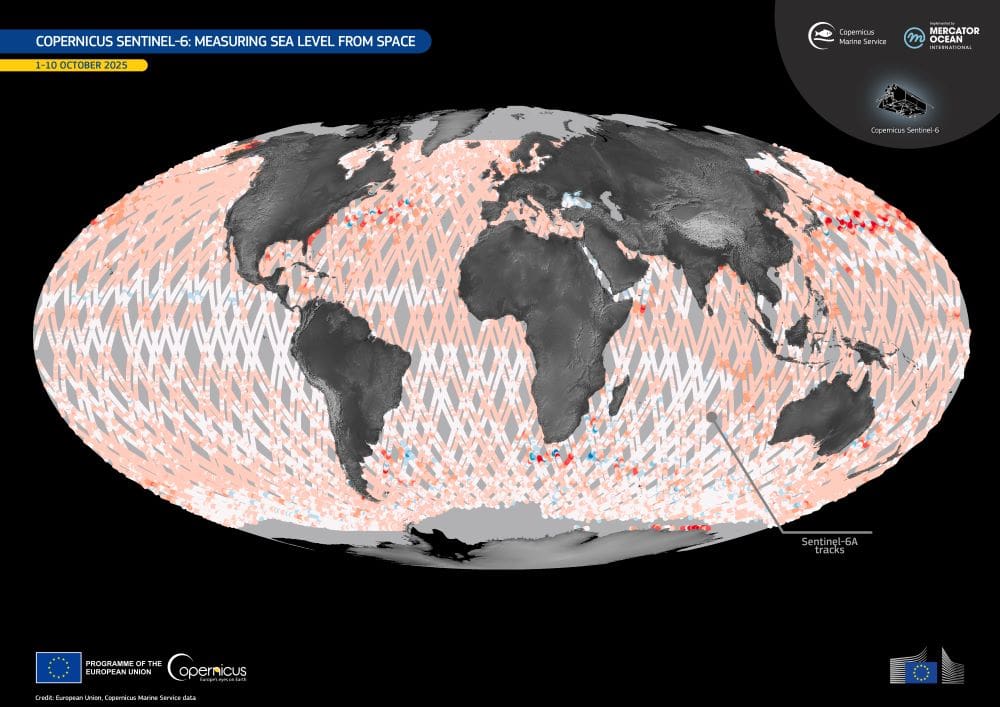
Image of the day: Tracking global sea levels with Copernicus Sentinel-6News Muser NewsDeskOctober 30, 2025
Full article
Muser NewsDeskOctober 30, 2025
Full article
Image of the day: Tracking global sea levels with Copernicus Sentinel-6
The Copernicus Sentinel-6 mission provides the world’s most accurate measurements of sea surface height, helping scientists monitor rising sea levels and better understand how the…

Climate Science Digest: October 14, 2025Science Muser NewsDeskOctober 14, 2025
Full article
Muser NewsDeskOctober 14, 2025
Full article
Climate Science Digest: October 14, 2025
Explore the latest insights from top science journals in the Muser Press daily roundup (October 14, 2025), featuring impactful research on climate change challenges. In…

Four key climate components are losing stabilityClimate SourceOctober 5, 2025
Full article
SourceOctober 5, 2025
Full article
Four key climate components are losing stability
Four of the most important interconnected parts of the Earth's climate system are losing stability. This is shown by an international scientific study based on…

Northerly winds found to drive West Antarctic ice lossClimate SourceSeptember 11, 2025
Full article
SourceSeptember 11, 2025
Full article
Northerly winds found to drive West Antarctic ice loss
Rapid ice loss from West Antarctica has long been blamed on strengthening westerly winds pushing warm ocean water toward its ice shelves, but new research…

Climate Science Digest: September 2, 2025Science Muser NewsDeskSeptember 2, 2025
Full article
Muser NewsDeskSeptember 2, 2025
Full article
Climate Science Digest: September 2, 2025
Explore the latest insights from top science journals in the Muser Press daily roundup (September 2, 2025), featuring impactful research on climate change challenges. In…

Climate Science Digest: August 28, 2025Science Muser NewsDeskAugust 28, 2025
Full article
Muser NewsDeskAugust 28, 2025
Full article
Climate Science Digest: August 28, 2025
Explore the latest insights from top science journals in the Muser Press daily roundup (August 28, 2025), featuring impactful research on climate change challenges. In…

North Pacific subsurface waters acidifying faster than surfaceScience SourceAugust 19, 2025
Full article
SourceAugust 19, 2025
Full article
North Pacific subsurface waters acidifying faster than surface
Long-term data from waters near Hawai‘i reveal accelerating acidification below the surface, driven by carbon buildup, cooling, and circulation shifts Summary: Carbon dioxide from the…

Falling ice accelerates Greenland glacier retreatClimate SourceAugust 14, 2025
Full article
SourceAugust 14, 2025
Full article
Falling ice accelerates Greenland glacier retreat
The Greenland ice sheet is melting at an increasing rate, a process accelerated by glacier calving, in which huge chunks of ice break free and…

Climate Science Digest: August 4, 2025Science Muser NewsDeskAugust 4, 2025
Full article
Muser NewsDeskAugust 4, 2025
Full article
Climate Science Digest: August 4, 2025
Explore the latest insights from top science journals in the Muser Press daily roundup (August 4, 2025), featuring impactful research on climate change challenges. In…

Climate Science Digest: August 1, 2025Science Muser NewsDeskAugust 1, 2025
Full article
Muser NewsDeskAugust 1, 2025
Full article
Climate Science Digest: August 1, 2025
Explore the latest insights from top science journals in the Muser Press daily roundup (August 1, 2025), featuring impactful research on climate change challenges. In…

Climate Science Digest: July 24, 2025Science Muser NewsDeskJuly 24, 2025
Full article
Muser NewsDeskJuly 24, 2025
Full article
Climate Science Digest: July 24, 2025
Explore the latest insights from top science journals in the Muser Press daily roundup (July 24, 2025), featuring impactful research on climate change challenges. In…

Tides linked to timing of massive Antarctic iceberg break-offsScience SourceJuly 24, 2025
Full article
SourceJuly 24, 2025
Full article
Tides linked to timing of massive Antarctic iceberg break-offs
A new study has revealed that ocean tides can directly influence when large Antarctic icebergs break off from the ice shelves surrounding the continent, a…

Bowhead whale samples reveal link between Arctic warming and rising algal toxinsScience SourceJuly 10, 2025
Full article
SourceJuly 10, 2025
Full article
Bowhead whale samples reveal link between Arctic warming and rising algal toxins
Filter-feeding whales sample the Arctic food web, tracking decades of change Summary: Fecal samples collected from bowhead whales over a 19-year period reveal that climate-driven…

Climate Science Digest: July 8, 2025Science Muser NewsDeskJuly 8, 2025
Full article
Muser NewsDeskJuly 8, 2025
Full article
Climate Science Digest: July 8, 2025
Explore the latest insights from top science journals in the Muser Press daily roundup (July 8, 2025), featuring impactful research on climate change challenges. In…

Climate Science Digest: July 1, 2025Science Muser NewsDeskJuly 1, 2025
Full article
Muser NewsDeskJuly 1, 2025
Full article
Climate Science Digest: July 1, 2025
Explore the latest insights from top science journals in the Muser Press daily roundup (July 1, 2025), featuring impactful research on climate change challenges. In…
